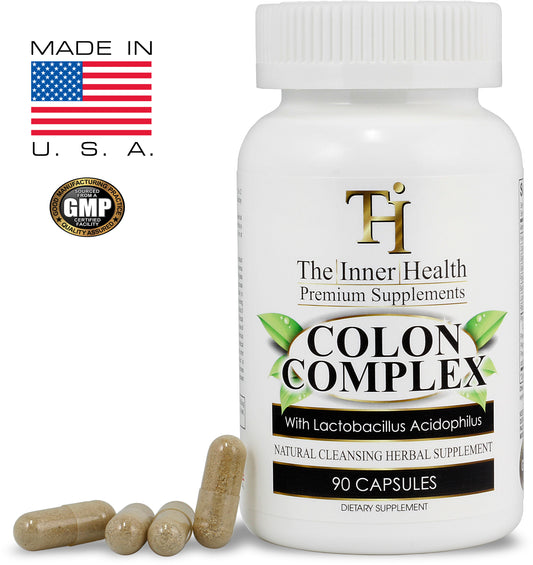The benefits of consuming increased amounts of omega-3 fatty acids have been well documented, but ongoing research continues to provide more reasons to include them in our diet. It turns out that a diet rich in these fatty acids can slow down the progression of pulmonary fibrosis, a potentially serious respiratory disease, especially when the induced changes are extensive.
Omega-3 Fatty Acids in Diet and Pulmonary Fibrosis According to a publication in the "Chest" journal, consuming omega-3 fatty acids in combination with food can delay the progression of fatal pulmonary fibrosis and extend the period in which patients do not require a lung transplant. This is based on research conducted by John Kim's team from the University of Virginia School of Medicine (UVA). These acids, found in fatty fish, nuts, and plant oils, correlate with better lung function and a longer time without the need for a transplant, as confirmed in tests.
Studies indicate that incorporating omega-3 acids, found in fatty fish, nuts, and plant oils, into the diet brings health benefits, including reducing the risk of heart disease, blood clots, breast cancer, Alzheimer's disease, and other forms of dementia.
On the other hand, pulmonary fibrosis is an irreversible condition that hinders proper oxygen and carbon dioxide exchange, leading to shortness of breath, weakness, and limited exercise capacity. Smoking is the main risk factor for this disease. As it turns out, increasing the intake of omega-3 acids in the diet can bring relief to patients diagnosed with this condition.
“We found that higher levels of omega-3 fatty acids in the blood, which reflects several weeks of dietary intake, were linked to better lung function and longer survival,” said researcher John Kim, MD, a pulmonary and critical care expert at UVA Health and the University of Virginia School of Medicine. “Our findings suggest omega-3 fatty acids might be a targetable risk factor in pulmonary fibrosis.”
The authors of the experiment believe that their discoveries justify conducting clinical trials to determine whether interventions aimed at increasing the level of omega-3 fatty acids in the blood will improve treatment outcomes for patients with pulmonary fibrosis and other chronic diseases of this organ.
The analysis included data from over 300 people with lung disease, registered in the Pulmonary Fibrosis Foundation Registry, and information from voluntary participants from UVA Health and the University of Chicago.
The majority were men, usually affected by idiopathic pulmonary fibrosis, one of the types of interstitial lung disease. As confirmed, higher levels of omega-3 fatty acids in the blood plasma correlated with better carbon dioxide exchange capacity and longer survival without the need for a lung transplant.
The authors note that further research is needed to understand the mechanism by which omega-3 acids exhibit these protective properties and to determine whether and what omega-3 supplements or dietary changes can significantly improve treatment outcomes for patients.





